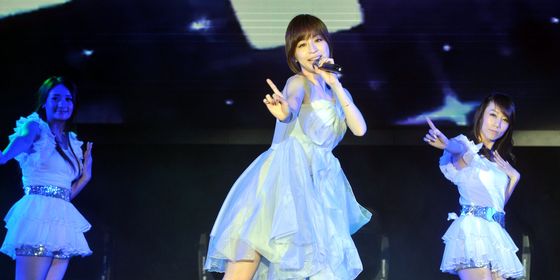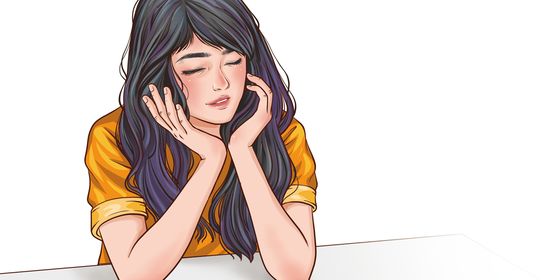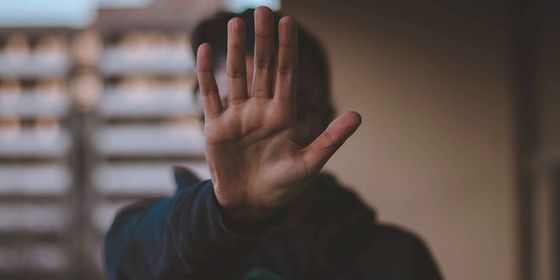China’s celebrities walk a tightrope of public opinion when wading into controversial issues online
Amid recent allegation of rape against a high-flying business executive by his foster daughter, an angry post on the subject by Han Hong, a singer with over 16 million followers on Weibo, was shared over 75,000 times on the microblogging platform, and earned Han praise from the public for her righteous indignation.
But wading into controversial topics has not always served Chinese celebrities well, and even staying silent can expose them to harsh criticism.
Appeals by celebrities can receive wildly varying responses from fans and the wider public. Even when stars seem to back the right side, their sincerity is always under the microscope, with netizens quick to call-out what they perceive as self-interest. When actress Zheng Shuang wrote a poem for the abused girl and posted it on her Weibo, some considered it a tactless attempt to gain more followers on the social media platform.
However, celebrities can also face criticism for saying nothing. As predominantly female stars weighed in on the recent rape case, highlighting the prevalence of violence against women, a number of mainly male celebrities have been criticized for lacking social responsibility by staying silent. Singer Kris Wu eventually posted “So infuriating! The man must be punished severely,” on his Weibo.
The case highlights the tightrope that celebrities walk on Chinese social media, and the lofty moral standards stars are held to by their fans. Stars are frequently the victim of online trolling and many are probably fearful of inciting abuse from the internet mob due to saying something inappropriate about controversial events. “It’s so tough for celebrities…To say something is considered publicity; to not to say anything is a lack of courage,” one Weibo user commented. “But their voices can lead to greater attention of the general public, which will promote actions by the authorities.”
In some cases, appeals from celebrities can give strength and courage to others. Last November, Yuya, a livestreamer, revealed on Weibo that she had been the victim of domestic violence. She posted a video clip in which she emotionally detailed her ex-boyfriend’s violent behavior, along with an interview with his two ex-wives who had suffered the same abuse. “Now, I have to speak out about domestic violence,” Yu wrote on her Weibo.
The Weibo hashtag “Yu Ya suffered from domestic violence (宇芽被家暴)” quickly gained more than 3.1 billion views, with the majority of commentators being women offering solidarity and often sharing similar experiences in their own lives. “Her bravery in speaking out not only encourages women to avoid a sense of shame, a major cause of tolerance for the violence; but also reminds the victim to record the whole process of domestic violence as solid evidence, making women stand together to confront the tragedy,” Wang Xudong, a lawyer from Beijing Dacheng Law Firm Hefei Branch, tells TWOC.
But some seemingly noble causes that attract celebrity crusaders are not all that they seem. Last December, Chen Lan, a novelist with 700,000 followers, apologized for posts that incorrectly accused the mother of a sick child of fraud. Chen had alleged that a woman named Yang Meiqin used money raised through an online crowdfunding platform, which she claimed was for her 3-year-old daughter’s cancer treatment, to instead pay for her son to have an operation on his cleft palate.
As a result of Chen’s post, Yang and her family were relentlessly bullied online, but the allegations were totally false—the family spent 37,773 RMB (of 38,638 RMB that was raised in total) on their daughter, including for her treatment, transportation, living expenses, and funeral when she finally passed away. The Shanghai City People’s Court later found Chen guilty of violating Yang’s reputation rights and ordered him to pay compensation and issue an apology.
“We’re pleased to see public figures shoulder their social responsibilities by leveraging their influences,” says Wang, the lawyer. “However, cases should not be judged by celebrities or by public opinion. They should only be based on the truth behind the matter and the relevant laws and regulations.”
Cover Image from VCG












